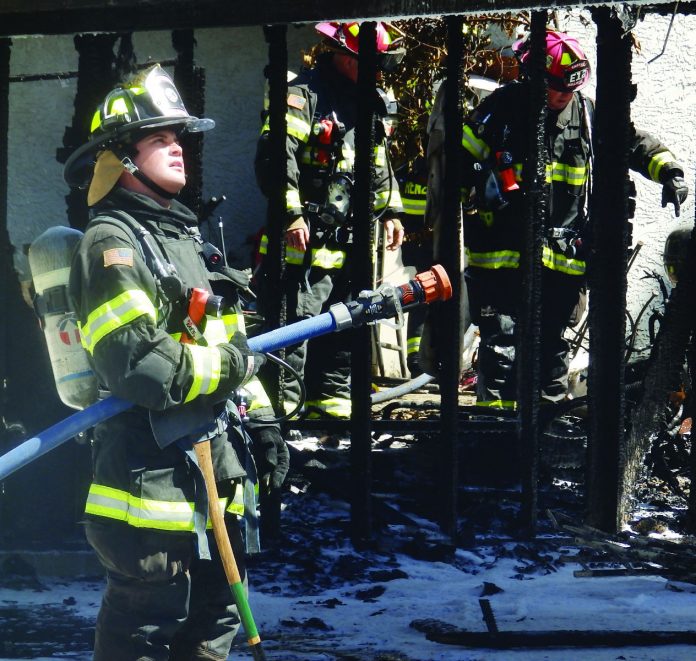Mayor Ignacio Velazquez acknowledged that the city should have provided more clarity on new fees charged for fire department responses before the council’s approval Monday.
Velazquez spoke to the Free Lance a day after council members Monday approved the new fees charged for responses such as vehicle accidents, water incidents or fires. It came after almost no public dialogue on the ordinance draft.
The mayor claims the newly created charges are targeted at the insurance industry—he argues companies set aside those funds that rarely get collected from government agencies—and that the city won’t send bills unless negligence is involved. But he also admitted the legislation, as approved Monday, is lacking crucial details such as clarifying the process for determining whether to charge fees on a particular case.
The ordinance draft itself doesn’t include any references to the negligence threshold, while an outside company handling the billing would get a 20 percent cut of payments. The city also has a contract to oversee county and San Juan Bautista jurisdictions, which might have a say on the matter.
“It needs to be clearer how it’s working,” Velazquez said. “As they work with this company to develop that, that probably should’ve been done before it came forward like that.”
He said officials had been talking at the fire committee level for six to nine months about the idea for the fees.
He explained that if someone without insurance gets in a vehicle accident—or another type of mishap excluded from the ordinance list—he or she is “probably not going to get charged” because the “chief can waive the fee.”
Asked about potential complications having an official with sole discretion on whether to charge fees—such as perceptions of bias—the mayor acknowledged there might be a problem.
“And I agree,” he said. “I agree with you. This has been a conversation for a while. Details should’ve been made clearer before it came up.”
The most common “billing level” expected would be for a hazardous materials assessment at motor vehicle accident scenes, with a “Level 1” cost of $435 up to a “Level 5” response involving a helicopter, with a charge of $2,200. But a slate of itemized costs, for such services as the chief’s presence at a scene or the use of extrication tools, could multiply those costs many times over for the billed party.
Velazquez said he doesn’t regret the approval, but acknowledged there is work to do on the ordinance.
“What we need to do is make that clear so the public understands what we’re saying,” he said.
Examples from list of charges
$435: Minimum charge on vehicle accident
$400/hour per engine: Fire response
$500/hour per truck: Fire truck
$605: Car fire
$1,800: Accident with extrication, spill cleanup
$5,900: Advanced hazardous materials response
Source: Hollister










